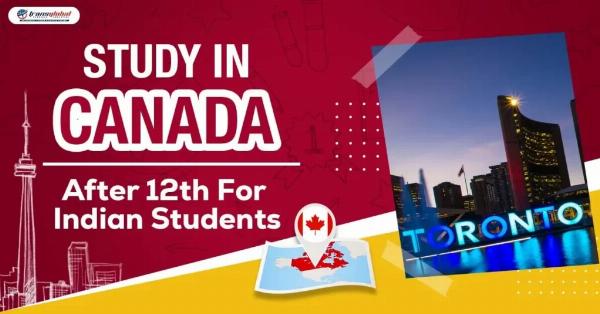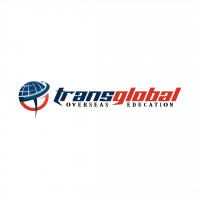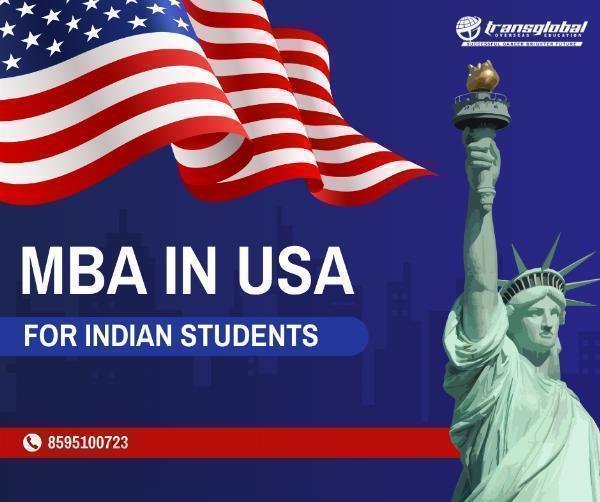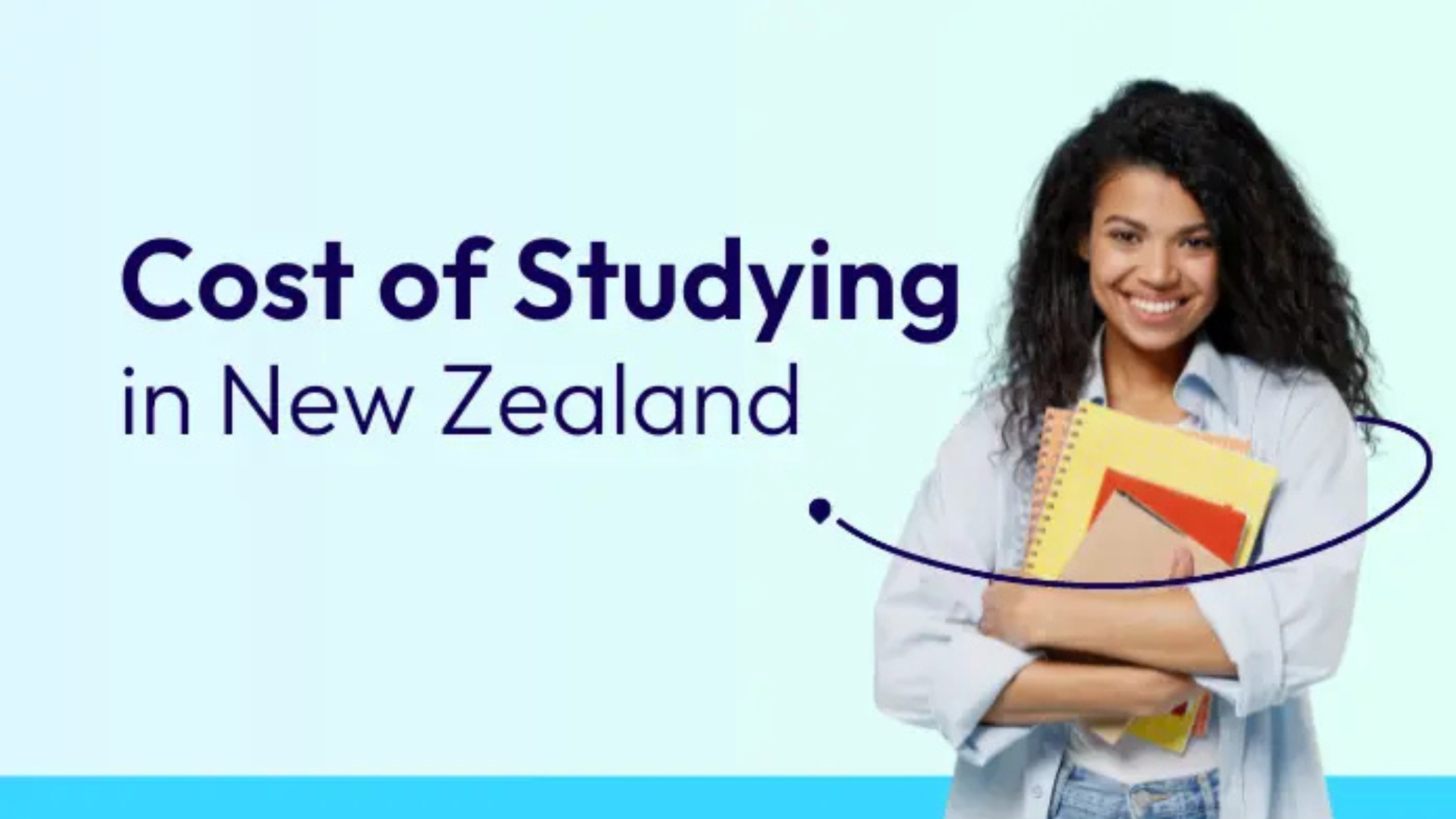Study in Canada after 12th for Indian Students: Complete Guide

Strong 8k brings an ultra-HD IPTV experience to your living room and your pocket.
Canada, with its world-class education system, multicultural environment, and promising job prospects, has become a top choice for Indian students seeking higher education. This guide provides a comprehensive overview of study in Canada after 12th for Indian students.
Why Study in Canada After 12th?
Quality Education: Canadian universities and colleges are renowned for their academic excellence and rigorous curriculum.
Post-Study Work Permit: International students can work for up to three years after graduation, gaining valuable work experience.
Immigration Opportunities: Canada offers multiple pathways to permanent residency for international students.
Affordable Tuition: Compared to other English-speaking countries, Canada offers relatively affordable tuition fees.
Safe and Inclusive Environment: Canada is known for its safety, diversity, and welcoming attitude towards international students.
Eligibility and Requirements to Study in Canada
To study in Canada, you typically need:
Academic qualifications: Meet the specific requirements of your chosen program (e.g., high school diploma, bachelor's degree).
English proficiency: Demonstrate English language skills through tests like IELTS, TOEFL, or PTE.
Letter of acceptance: Secure admission to a Designated Learning Institution (DLI).
Financial proof: Show sufficient funds to cover tuition, living expenses, and return transportation.
Study permit: Apply for a study permit after receiving your acceptance letter.
Medical examination: May be required based on your country of origin.
Additional requirements may vary depending on the province, university, and program. Always check the specific eligibility criteria of your desired institution.
Minimum Percentage for Studying in Canada After 12th
The minimum percentage required to study in Canada after 12th varies depending on the university, program, and province.
Generally, you can expect the following:
Humanities: A minimum of 65% is often required.
Science and Commerce: A range of 70-80% is typically expected.
However, these are just general guidelines. Some prestigious programs or universities might demand higher percentages. Additionally, factors like extracurricular activities, work experience, and a strong Statement of Purpose can also influence your admission chances.
It's crucial to research specific universities and programs to understand their exact requirements.
Cost of Studying in Canada
The cost of studying in Canada depends on several factors, including the level of study (undergraduate or postgraduate), university, program, and chosen city.
Tuition fees:
Undergraduate programs typically range from CAD $15,000 to CAD $35,000 per year.
Postgraduate programs generally cost between CAD $12,000 to CAD $30,000 annually.
Living expenses:
Budget around CAD $10,000 to CAD $15,000 per year for accommodation, food, transportation, and personal expenses.
Overall:
You can expect to spend between CAD $25,000 to CAD $50,000 or more annually.
Note: These are estimates. Actual costs may vary significantly. It's essential to research specific programs and universities for accurate figures.
Conclusion
Studying in Canada after 12th can be a transformative experience for Indian students. With world-class education, promising career prospects, and a multicultural environment, Canada offers a unique opportunity for personal and professional growth. However, the application process can be complex.
To ensure a smooth journey, consider seeking guidance from a trusted Canada study visa consultant like Transglobal Overseas. Our experts can assist with university selection, application preparation, visa processing, and more.
Take the first step towards your Canadian dream today! Contact Transglobal Overseas for comprehensive support.
FAQs
1. What are the eligibility requirements?
To study in Canada after 12th, you typically need to meet the following criteria: completion of 12th grade with required percentage, English language proficiency (IELTS, TOEFL, or PTE), financial proof, and acceptance letter from a designated learning institution.
2. What is the cost of studying in Canada?
The cost varies based on the university, program, and living expenses.Expect to spend around CAD $25,000 to CAD $50,000 annually. Scholarships and financial aid options can help reduce costs.
3. What are the popular courses for Indian students?
Indian students often opt for engineering, computer science, business administration, health sciences, and humanities.
4. What are the job prospects after studying in Canada?
Canada offers a post-study work permit allowing you to work for up to three years.This provides excellent job opportunities and a pathway to permanent residency.
5. How can I apply for a student visa?
To apply for a Canadian student visa, you need an acceptance letter from a designated learning institution, proof of financial support, and other required documents.
Note: IndiBlogHub features both user-submitted and editorial content. We do not verify third-party contributions. Read our Disclaimer and Privacy Policyfor details.







